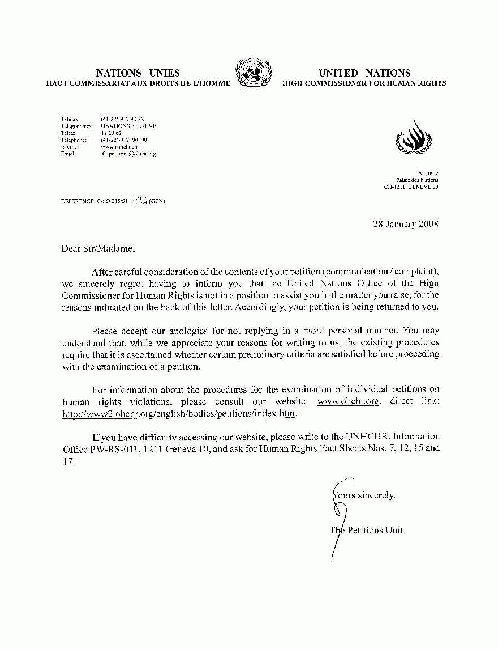
OpEdNews Exclusive: United States is not a signatory to United Nations Human Rights and Torture Convention! |
|
| Rate It | View Ratings |

OpEdNews depends upon can't survive without your help.
If you value this article and the work of OpEdNews, please either Donate or Purchase a premium membership.
If you've enjoyed this, sign up for our daily or weekly newsletter to get lots of great progressive content.
Most Popular Articles by this Author: (View All Most Popular Articles by this Author)
An Abomination Veiled as Justice!
Justice: Hell is for Children
The Total Collapse of America
Plausible Deniability: America's #1 Law
Are YOU willing to rebuild the American Dream?
OpEdNews Exclusive: United States is not a signatory to United Nations Human Rights and Torture Convention!
To View Comments or Join the Conversation:



